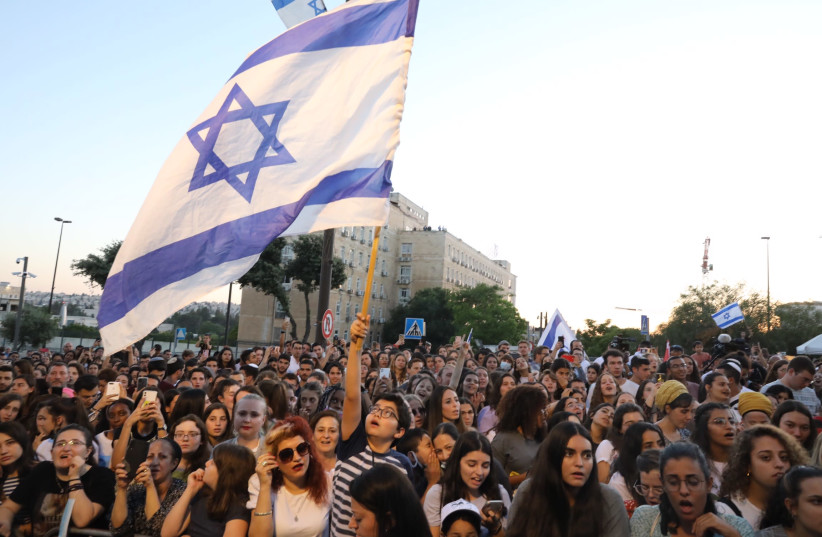Prime Minister Naftali Bennett promised that he was personally committed to the return of the Gaza captives when he met with the family of one of the hostages, Hisham al-Sayed.
Both Sayed and Avera Mengistu are civilians who have been held by Hamas since they crossed into the Gaza Strip in 2015 and 2014, respectively.
Yaron Blum, the government’s chief negotiator for the release of hostages was in the meeting, as was the Prime Minister's Military Secretary Maj.-Gen. Avi Gil and National Security Council Director Dr. Eyal Hulata.
Bennett assured the al-Sayed family that his door is always open to them.
Since taking office in June, Bennett has met with the Mengistu family, as well as with the families of Hadar Goldin and Oron Shaul, two Israeli soldiers believed killed in the 2014 Gaza war whose bodies are being held by Hamas, to provide them with information on efforts to secure the return of the captives.

In the aftermath of the 11-day war in May, Israel has pushed to ensure that the release of the two hostages and the return of the two soldiers’ bodies would be part of any indirect agreement with Hamas for either a ceasefire or a prolonged period of calm.
Egypt has attempted to broker an indirect agreement between Israel and Hamas for the last half-year, which has led to persistent speculation in the media regarding a prisoner swap.
Hamas claimed Israel turned down an offer for a prisoner swap earlier this month.
Israel has persistently raised the issue of hostages in its conversations with the international community.
Coordinator of Government Activities in the Territories Maj.-Gen. Ghassan Alian brought it up in a series of meetings he held this month with different European ambassadors, including from Germany, Switzerland and Finland.
Alian said that Israel continued to work “to bring about the return of the dead soldiers and the missing persons in Gaza. This is a most important humanitarian and moral issue that must be resolved as fast as possible.”
Meanwhile, 20 local European diplomats visited Gaza on Thursday, headed by the European Union Representative Sven Kühn von Burgsdorff.
The group called on Israel to improve humanitarian conditions in Gaza, and to end its restrictions at its crossings.
“The humanitarian situation is still of great concern and affects all aspects of life for the population in Gaza,” Burgsdorff said. “My message therefore today is on the need to ease restrictions to improve the humanitarian and economic situation in Gaza; and the message for all Palestinians is to call for unity, reconciliation and democratic legitimacy.”
Israel in recent months has expanded the list of goods that can enter and exit Gaza, as well as increased the number of permits for Palestinian merchants.
Jerusalem Post Staff contributed to this report.
